Port Jervis School District Superintendent John Bell said his first year leading his alma mater was marked by infrastructure improvements that would benefit future generations.
“These facilities are so great that when I leave, they will impact generations of Port Jervis kids,” he told The Epoch Times. “That’s pretty rewarding. It sure beats buying and selling stocks on Wall Street.”
Bell said the ambitious investment in infrastructure was largely made possible by the historic influx of state aid and federal COVID-19 dollars, coupled with an abundant fund balance.
“It is perfect timing. It is like the stars are all aligned,” he said.
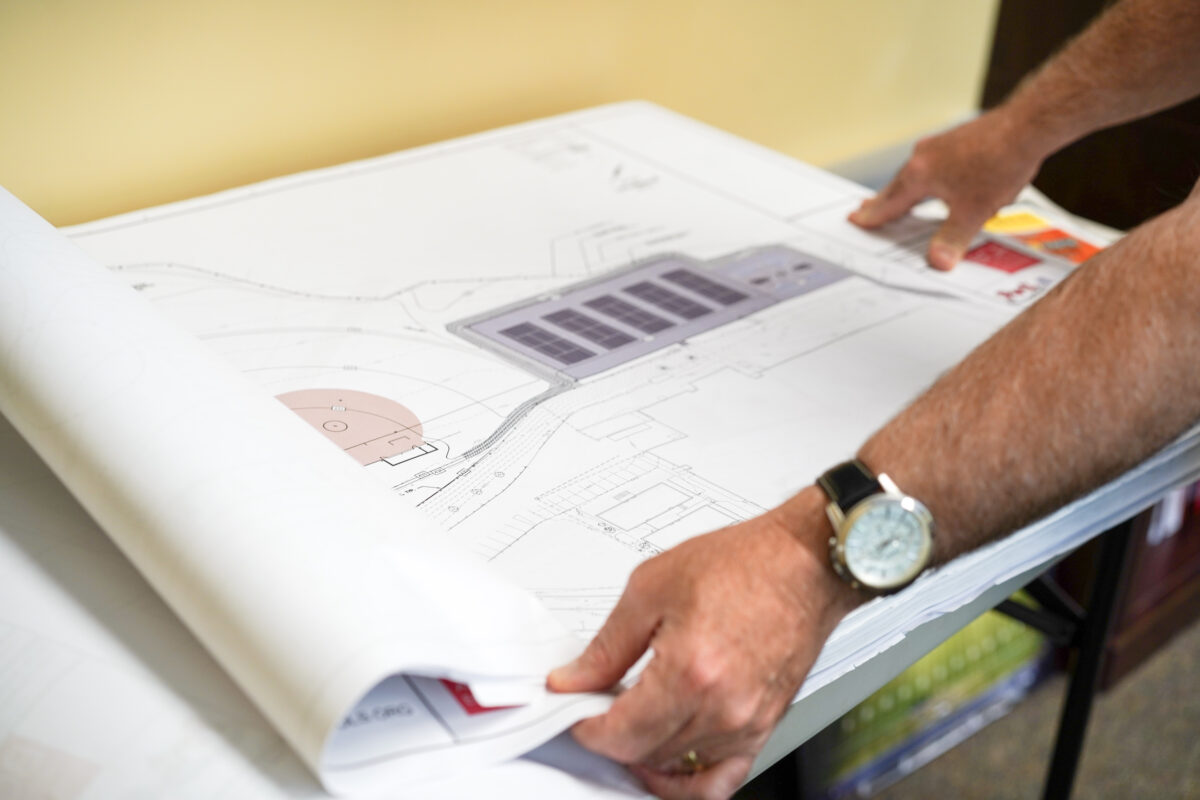
Under his helm, the $65 million renovation of the middle school building is pacing forward and expected to be complete by the fall of 2024.
The renovation will turn the old building into an elementary school, adding a gym, cafeteria, and new spaces for technology activities.
Meanwhile, middle school students will move onto the campus used by the high school, creating more opportunities for resource sharing.
“If you have a talented eighth-grade kid who needs to take a high school course, they can just walk down the hall,” Bell said.
The renovation was originally approved by district voters in a referendum three years ago with a price tag of around $56 million, but inflation has since pushed the costs up by about $10 million, he said.
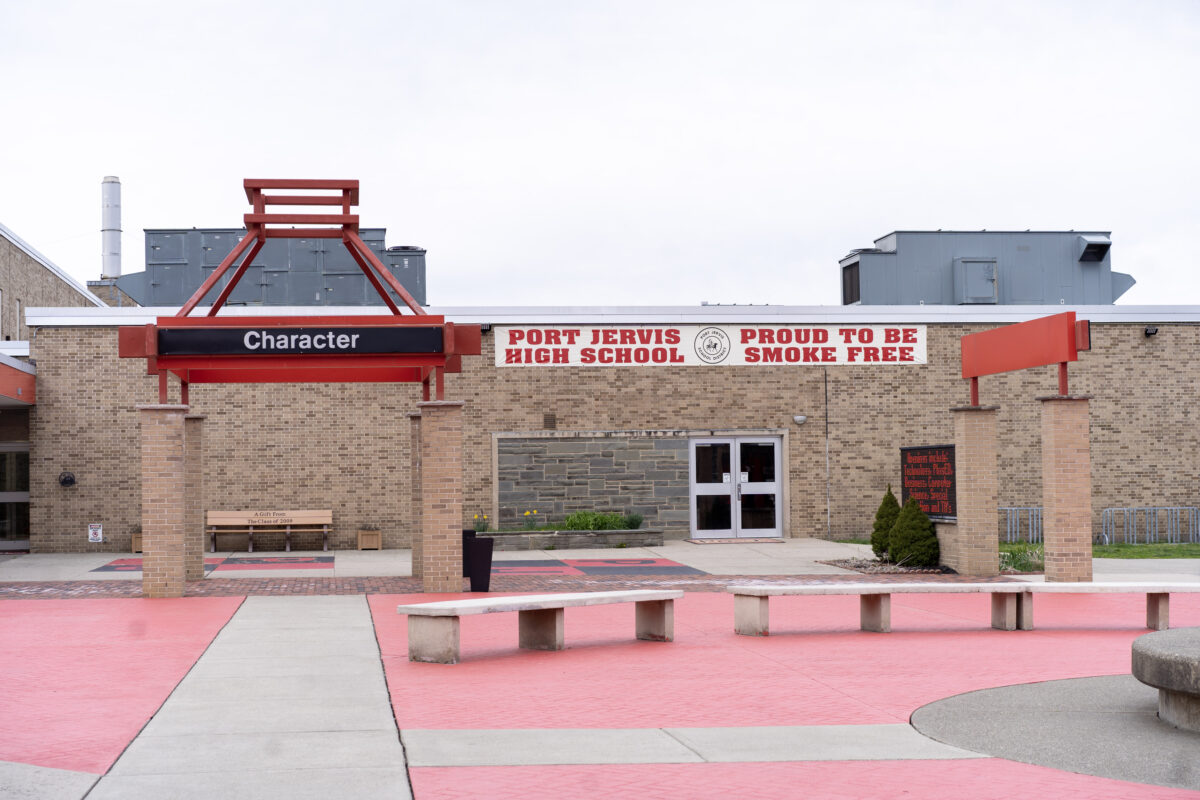
Last month, district voters approved another $12 million capital project that will make improvements on the high school campus, including the auditorium, library, and Chase Field.
A quarter of the cost is funded by the fund balance, which is one of several moves by Bell to bring the account down to within the statutory limit—4 percent of the school budget, or around $3.6 million.
The above-statutory-limit fund balance was central to a state audit report last year, which examined the district fiscal practices in four school years before Bell took the helm.
Aside from infrastructure improvements, the increased government funding was also used strategically on new textbooks and computers that would last for years, Bell said.
“We don’t want to spend them on [annually] recurring expenses. Otherwise, you’ll get a huge hole in the budget in the following year and have astronomical tax increases,” he said.
People, Program, Facility
Beyond infrastructure, Bell also wants to diversify school programs and hire talented teachers to make the district competitive in the long run.
“It really comes down to people, program, and facility. If we can excel in all three, we will have a much better district, and we will have a district that sees positive student population growth,” he said.
A plan is in place to add 15 or so new college-level courses in the next two years so that high school students can earn free college credits from a more diverse pool of subjects.
Six new honor classes are also planned for the middle school to challenge kids at an earlier age.
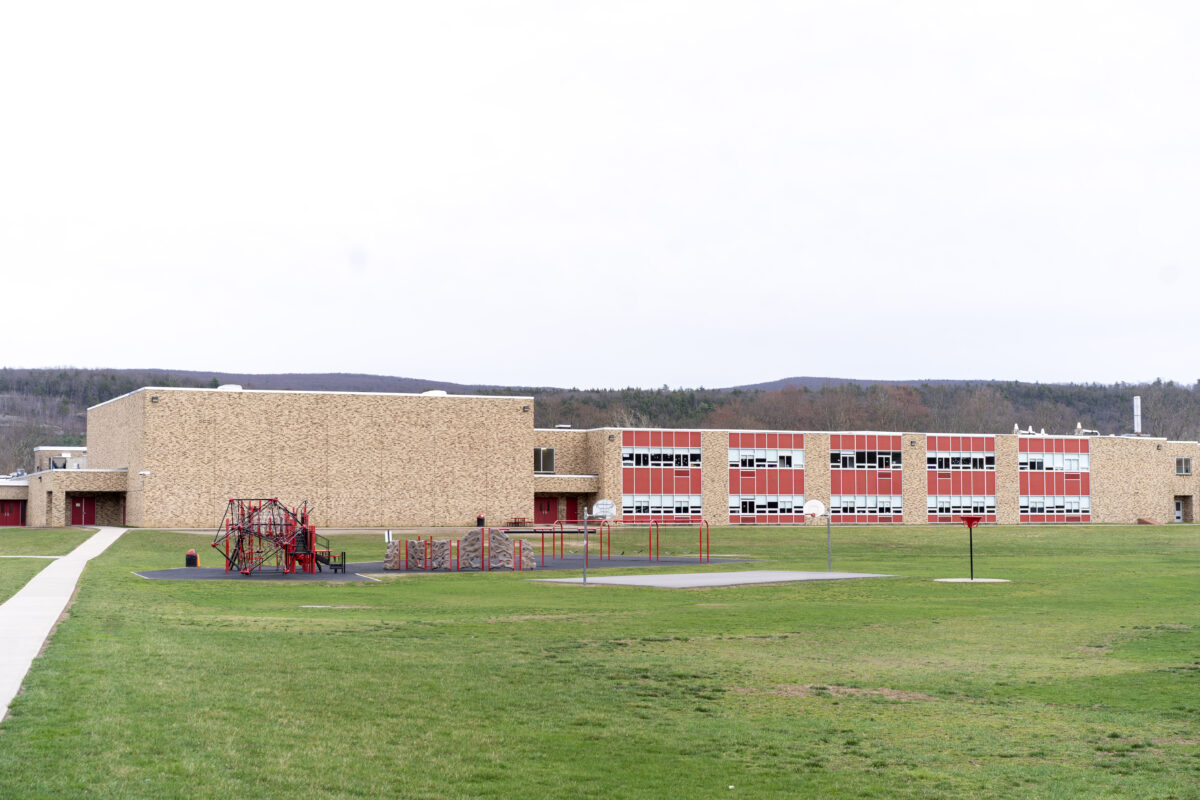
As for the elementary students, a new partnership with the nonprofit Project Lead the Way will expand their knowledge in science, technology, engineering, and math.
The last component of Bell’s three-dimensional strategy is people, which is also his favorite.
“Facilities are great, textbooks are great, technology is great, but if you have a really boring teacher in front of the room, none of that other stuff matters,” he said.
Bell said he had taken on the role of the chief recruiter for the district, and his goal was to hire talented teachers with diverse backgrounds.
“I want that new person that comes in to have all kinds of new ideas so that when they get on their team of science or math teachers, they have the stuff to bring to the table to make the team stronger,” he said.
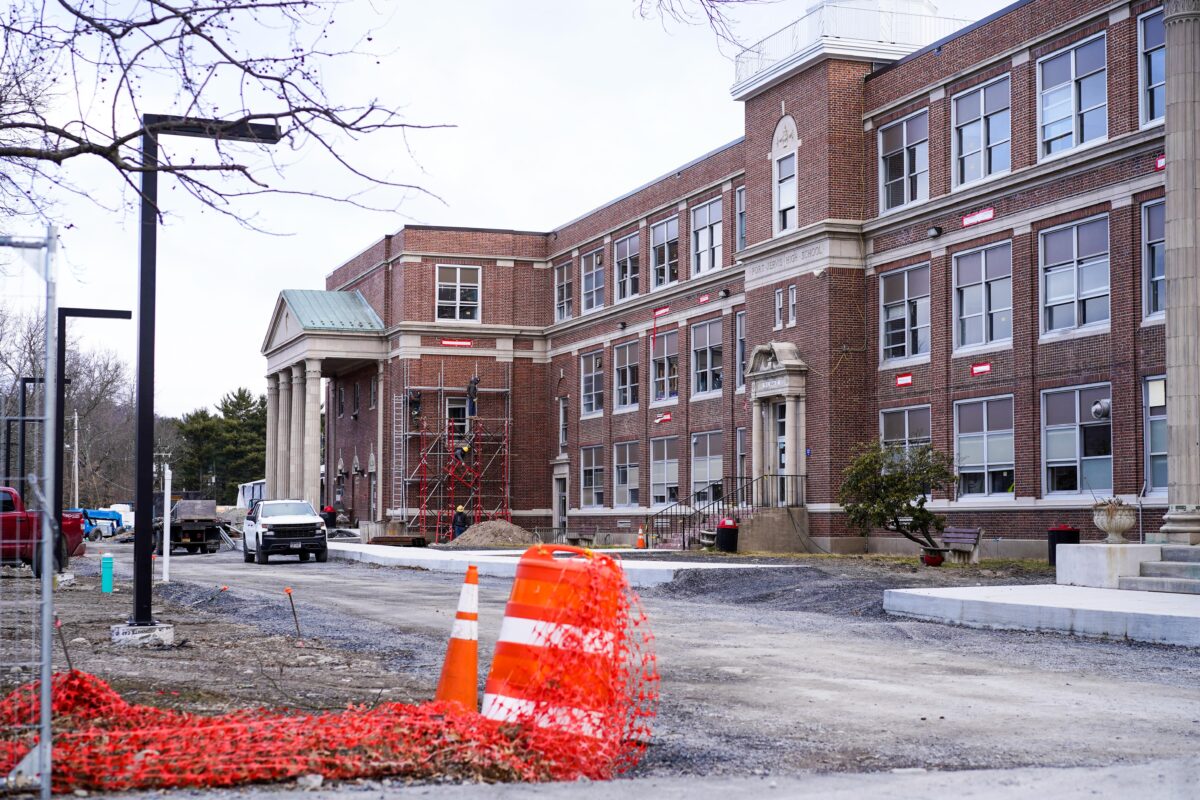
More importantly, he said he aimed to do all these while keeping the tax levy stable.
The district’s tax levy has remained flat at $29 million for the last three budgets, and Bell’s plan is to keep it that way or—when increases are necessary—jump it by no more than 2 percent, he said.
Leadership Experience
Born and raised in the tri-state neighborhood in Port Jervis, Bell attended the district and graduated in the 1980s.
He went on to study economics at the University of Albany before entering a career in education.
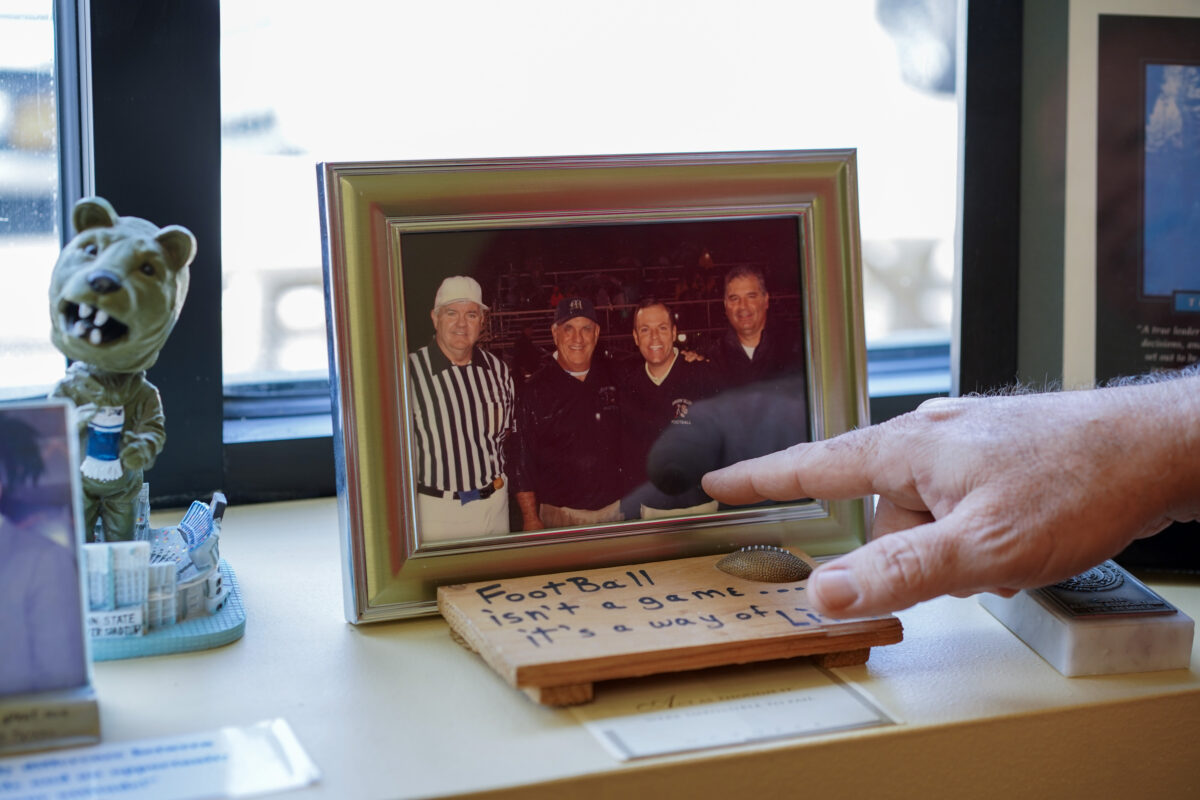
Bell taught elementary students in the Eldred School District in Sullivan County for five years, after which he landed his first administrator job as an assistant principal at the Kingston City District.
He then worked as a middle school principal at two nearby school districts, Delaware Valley and Minisink, before returning to Port Jervis District as an assistant superintendent.
“When you get to work in different places, you can learn so much,” he said. “I’ve always kept notes of all the dos and don’ts as you learn both from your own mistakes and watching how other districts operate.”
Whenever he found himself in a new leadership role, he asked the staff four questions.
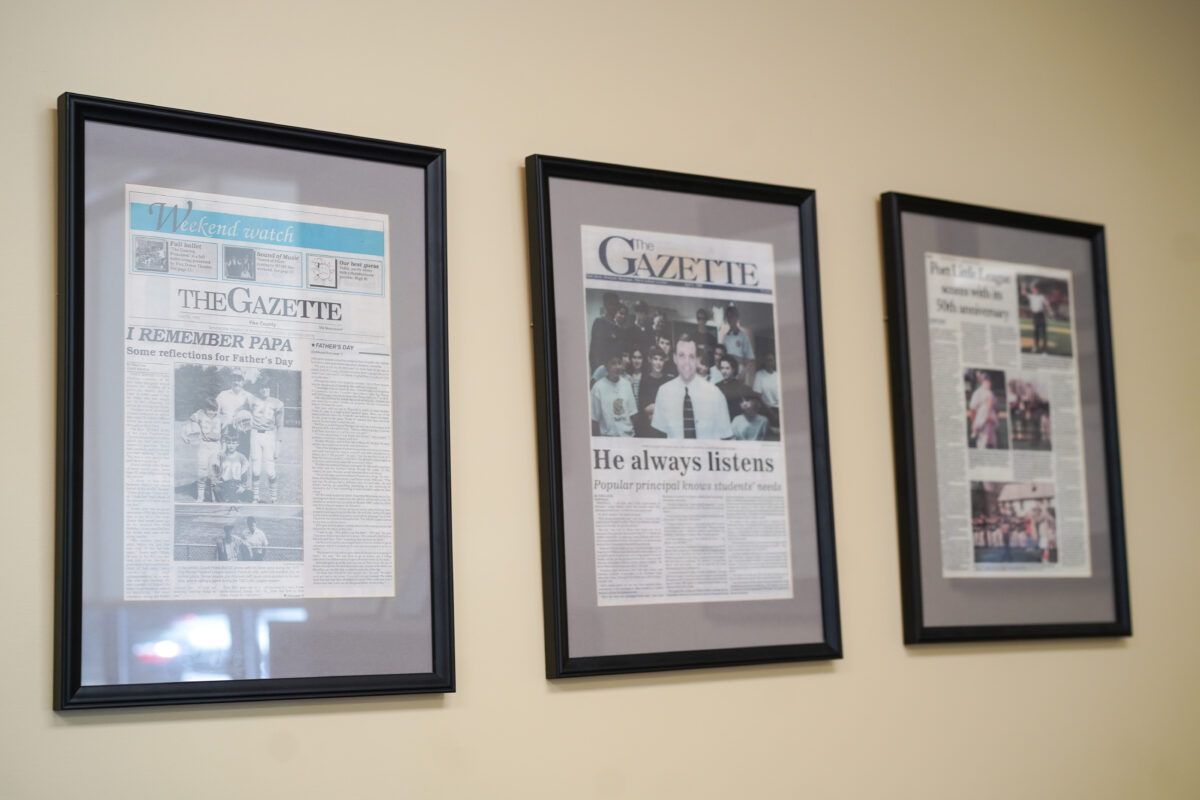
“What’s great about the place that I shouldn’t change? What things are average or good that need to be improved? What things should we stop doing? What new things should we bring to the district?” he said. “It gives you all this great information from everybody’s perspectives.”
“If you can fix something that everybody is craving to be fixed, you start with small victories early on. [The staff will say:] ‘Hey, the new guy listens to us. He is fixing some of the things that drive us crazy.’”
In 2012, he became the superintendent of Delaware Valley and worked in that role for six years before coming back to lead his alma mater last fall.
“The thing that I liked the best about Port Jervis is the pride that everybody has in their schools,” he said.
“I want to hire tons of great teachers that are impacting kids’ lives the way Port Jervis teachers impacted my life. I want our kids to have programs that they would have in other Orange County schools, and I want first-class facilities.”








